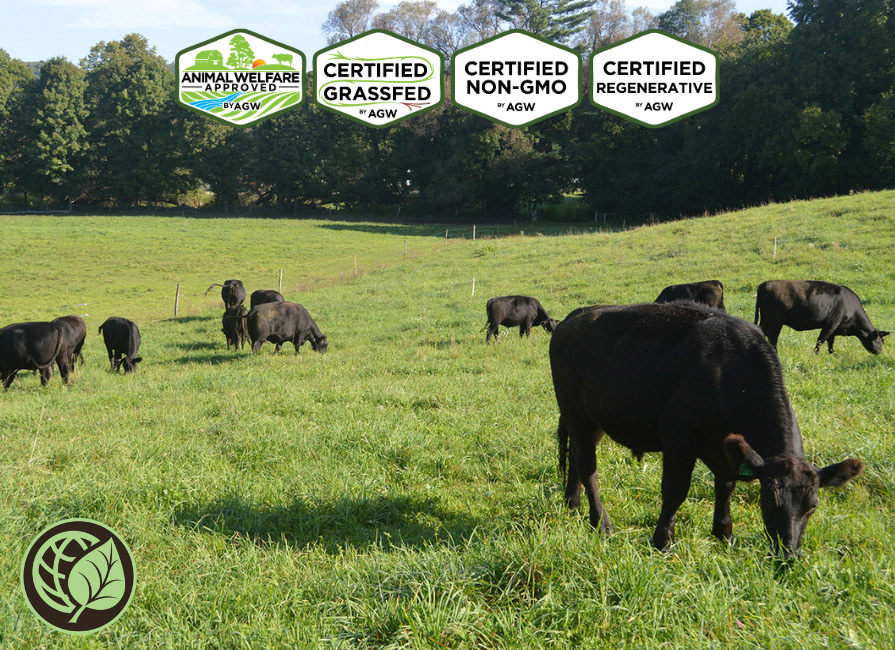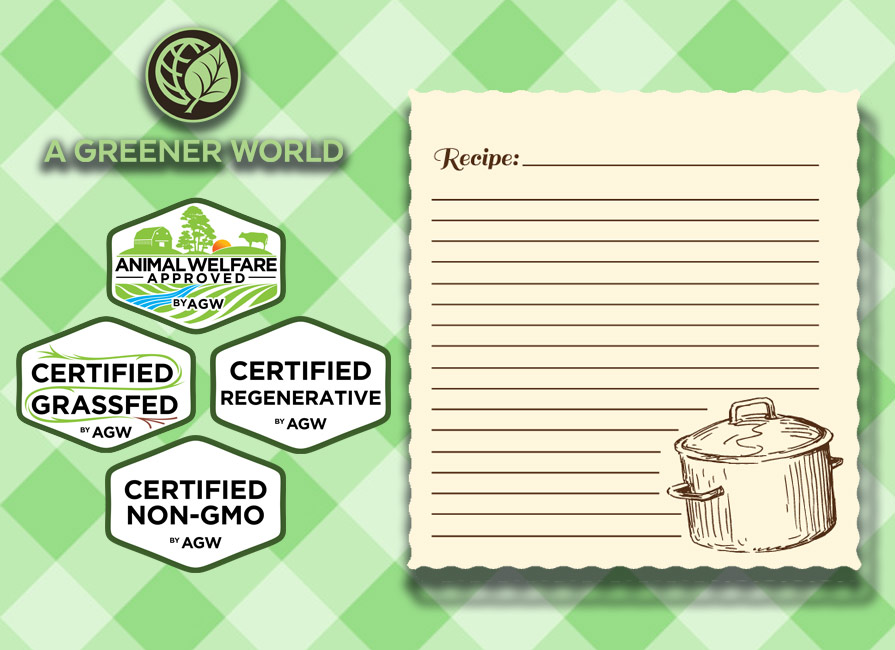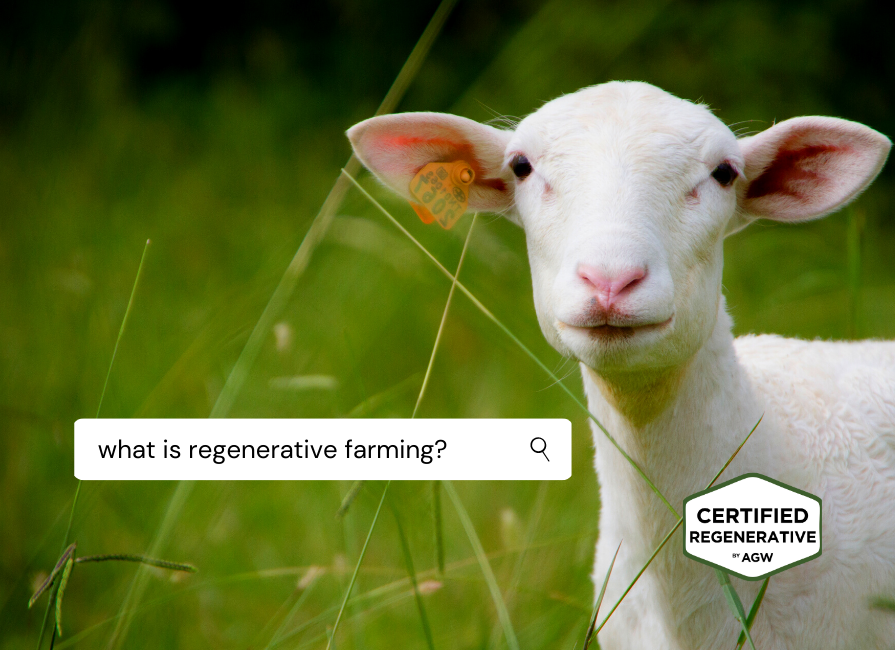I read Michael Grunwald’s recent New York Times Opinion piece, Sorry, but This Is the…
It’s What’s For Dinner
A recent video posted by the Wall Street Journal shows a new way cattle producers are cutting feed costs: chocolate. Faced with skyrocketing corn prices, conventional animal feeding operations are searching for a cheaper way to pack on the pounds. This has led to the practice of feeding animals waste from food processing (the by-products determined unfit for human consumption). This practice is not limited to cattle; another article in the Wall Street Journal cites trail mix on the menu for pigs in North Carolina, tater tots in Iowa, and and “wafer trimmings” from Kit Kat bars in Pennsylvania.
Such a diet can cause some negative health issues in pigs, but for cows the effect may be even more detrimental. Unlike humans and pigs, who are monogastric (“single-chambered stomach”), cows have a four-chambered rumen and have evolved to digest high-fiber plant foods, like grass. In spite of this, farmers have been finishing cows on grain for the last half-century or so–a practice deemed more “efficient” in terms of land use and input costs. Rather than having the cows harvest their own food on pasture, feed is brought to them in the form of corn, barley, and other grains–and now M&M’s. The economics of the feedlot are changing with the rising cost of commodity grains and the growing awareness of health risks associated with corn-fed beef.
In his article Junk Food In, Junk Food Out, Dan Shapley says, “If cows are fed mostly corn, and we eat a lot of beef, the carbon in corn becomes a part of us. Now, Americans may be made up more of junk food even than corn.” Interesting thought… perhaps the low-carb diet is actually based on a high-carb one?
Shapely goes on to quote Animal Welfare Approved farmer Will Harris, a Georgian grass-fed beef rancher. “If corn is high carbohydrate – and relative to grass, it is – what about potato chips and chocolate? That’s real high carbohydrate, isn’t it? Do those kinds of practices cause beef to be less safe or less healthy or less humane or less environmentally sustainable? Well? Intuitively, you might think so. I leave it to the scientists to find out.” Harris went on to say, “What I believe is that any species of animal does best when it eats what it evolved to eat.”



